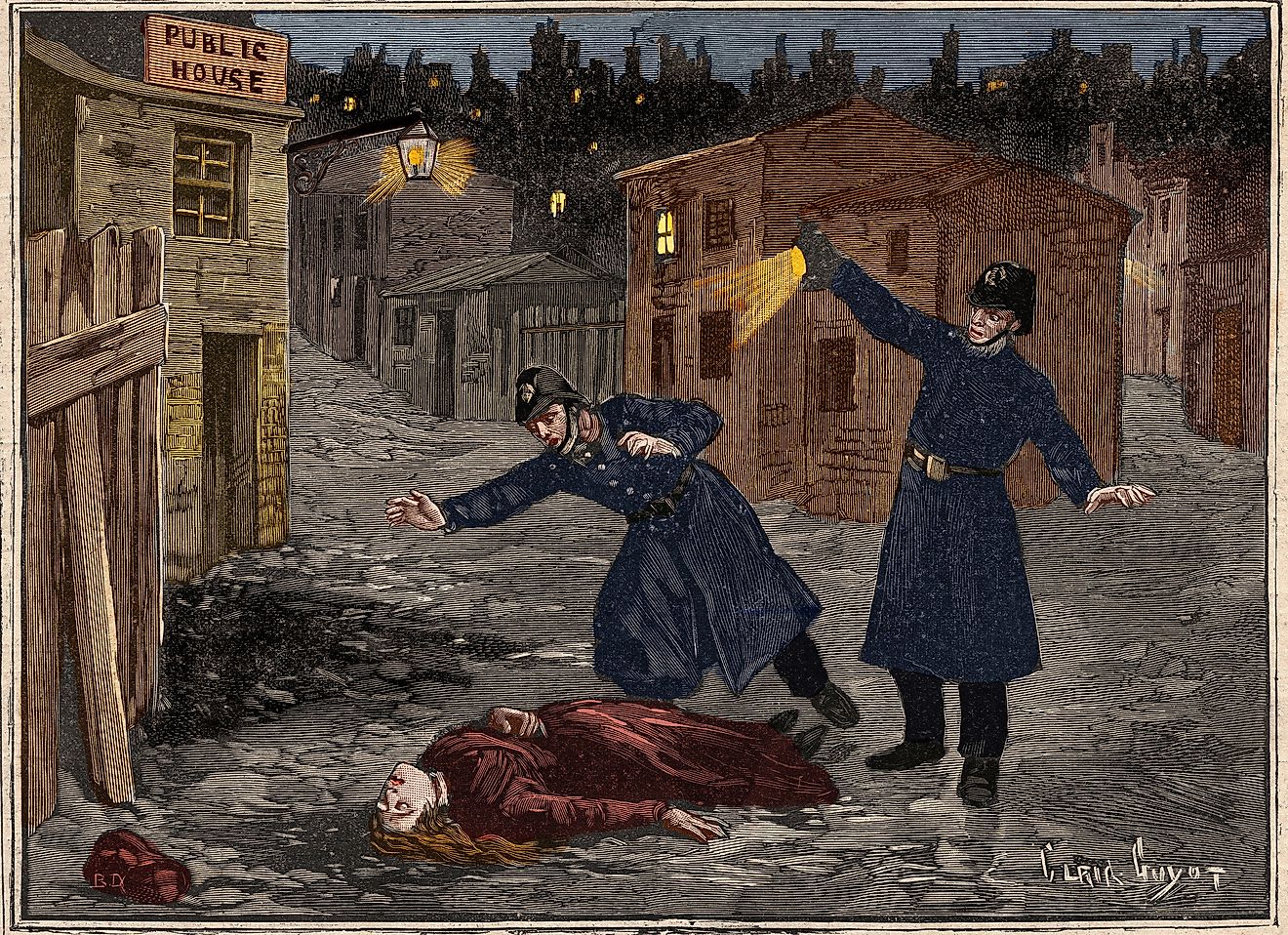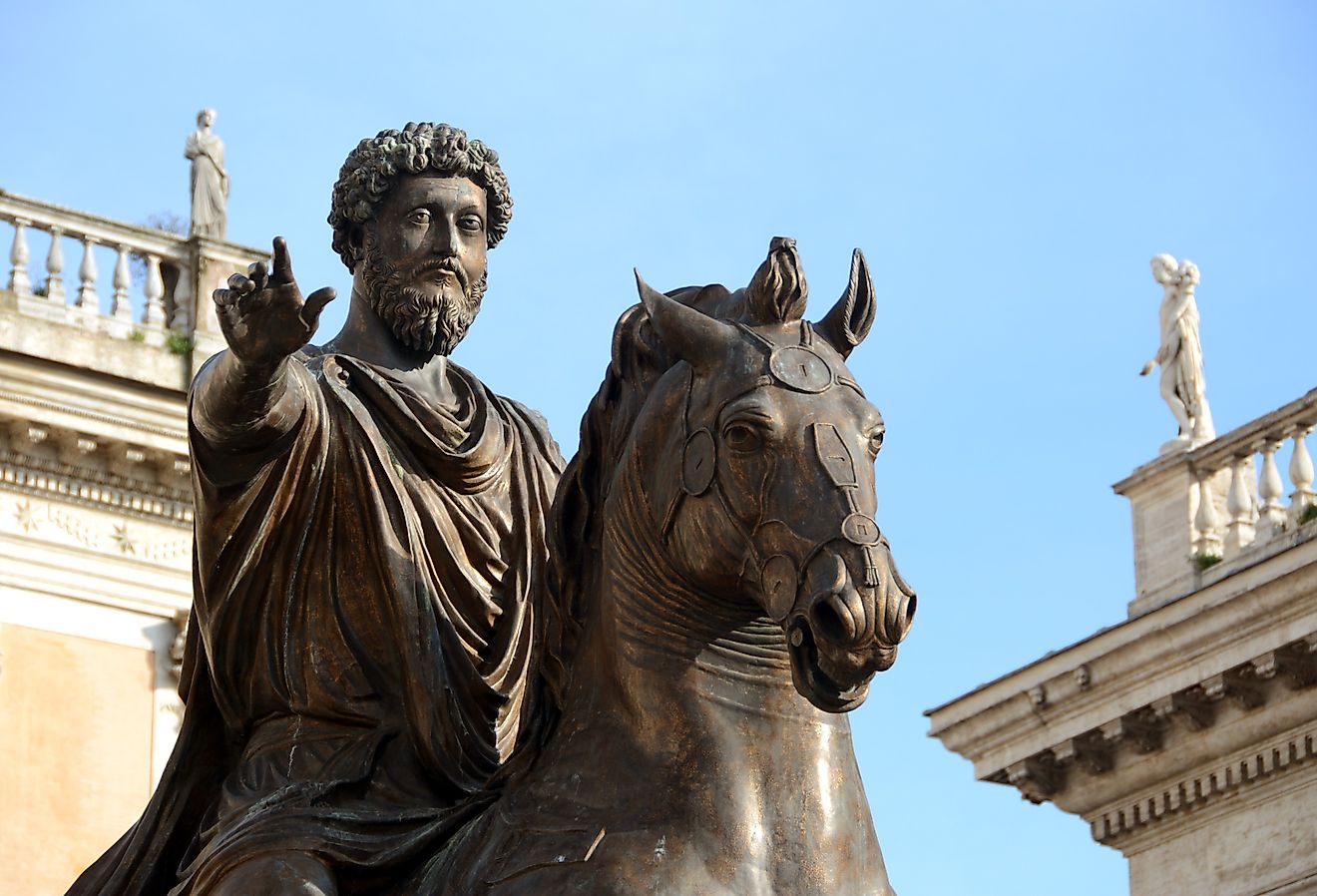John Locke, Influential Philosopher

John Locke was an 18th-century physician and philosopher who is one of the key figures in the age of Enlightenment. Many of Locke’s works became references to other philosophers who cited his publications. One of Locke’s many beliefs was his “theory of mind” which is known as the origin of the conception of "self" and identity. Locke is widely known as the father of Liberalism and the most influential thinker of the Enlightenment era.
5. Career
After leaving Oxford, John Locke moved to Exeter House, London into the home of Lord Anthony Ashley Cooper who had met Locke in Oxford and was impressed by the young man. Locke served as Lord Anthony’s personal physician and secretary. During his tenure as Shaftesbury’s secretary, he was involved in the drafting of the controversial “Fundamental Constitutions of Carolina,” a law which granted slave masters absolute power over their slaves. Historians also believe that he had interests in the English slave trade as an investor in the Royal African Company. Locke would continue to further his medical studies under the tutelage of Thomas Sydenham. Locke also worked as the Secretary to the Lords Proprietor of Carolina and the Board of Trade and Plantations. In 1683, John Locke fled to Netherlands with people being suspicious of his involvement in the Rye House Plot. In Netherlands, Locke continued with his writing, and it is during this period that he penned the “Letter on Toleration.” Locke returned to England in 1688 and continued his writing with most of his work being attributed to this period where he composed the “Two Treaties of Civil Government” as well as the “Essay Concerning Human Understanding.”
4. Early Life
John Locke was born on August 29th, 1632 to John Locke, a clerk to the Justices of Peace and a country lawyer, and Agnes Keene. Locke was born in a small cottage in Wrington, Somerset and was baptized on the same day. Soon after the family moved from Wrington and settled in Pensford, a small market seven miles from Bristol. Locke obtained his education from London’s prestigious Westminster School, a feat made possible through a sponsorship from Alexander Popham, his father’s former commander. Locke was later admitted to Christ Church, Oxford where he graduated with a bachelor’s degree in 1656 and later received his master’s degree in 1658. While at the University, John Locke gained interest in experimental philosophy as well as medicine and joined the Royal Society. Locke received his Bachelor of Medicine degree in 1675 as a testament to his keen interest in the field.
3. Major Contributions
John Locke is one of the most instrumental figures in philosophy with many of his publications being cited by scholars for centuries. One such publication is the “Philosophy of Mind” which is cited by scholars as having the origin of the modern conception of “self” and identity. Another publication is the “Two Treaties of Government” where he argued against the monarchy, and the publication was used in the drafting of the United States Declaration of Independence in 1776. Locke’s work became instrumental in the field of political philosophy and epistemology.
2. Challenges
In 1683, John Locke was suspected to have participated in The Rye House Plot which was a plan to assassinate King Charles II of England as well as James, Duke of York who was first in line to the throne and the king’s brother. These rumors led to Locke fleeing from England and heading to the Netherlands because the plot was an act of treason.
1. Death and Legacy
John Locke died on October 28th, 1704 at the age of 72 and was buried in a churchyard in High Laver. Locke remains to be one of the greatest philosophers of all time and is known as the “Father of Liberalism.” He is known as the first British empiricist who followed the traditions of Sir Francis Bacon and among the contributors of the social contract theory. Locke’s work had a profound influence on the development of political philosophy and epistemology. His works influenced thinkers like jean-Jacques Rousseau and Voltaire, and other Scottish thinkers as well as the American Revolutionaries. He had a greater influence on liberal theory and classical republicanism, which was evident in the US Declaration of Independence.











